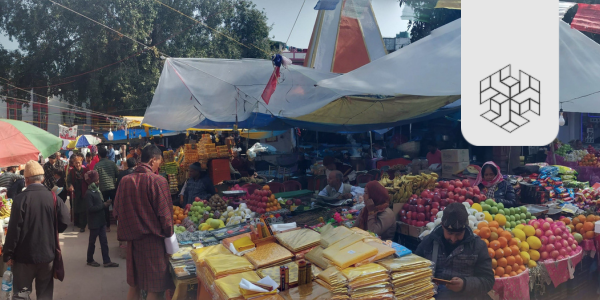Author: Kartiki Parshuram Lokhande (Issue Brief)
Editors: Ritwiz Sarma and Soumya Singhal
Abstract
Right to Education, Section 12(1)(c), Right of Children to Free and Compulsory Education Act, 2009 mandates unaided private schools to reserve 25% of their entry-level seats for children belonging to the economically weaker section and disadvantaged groups. This provision focuses on the inclusion of children from marginalise communities in private schools and providing educational opportunities to the less privileged. However, the limited success in its implementation has created a hindrance in achieving social justice goals. According to the 2021 report by the National Commission for Protection of Child Rights [NCPCR], the provision has only been implemented in 16 states and Union Territories [UTs] across the country to date (NCPCR, 2021). Assam, Bihar, Chandigarh, Chhattisgarh, Delhi, Gujarat, Himachal Pradesh, Jharkhand, Karnataka, Madhya Pradesh, Maharashtra, Odisha, Rajasthan, Tamil Nadu, Uttarakhand, and Uttar Pradesh are the only states and UTs that have implemented the section.
This issue brief identifies the challenges that obstruct the successful implementation of the provision. The piece further discusses solutions to fill the provision’s implementation gaps. This piece concludes by suggesting that successful implementation depends upon the joint efforts of the involved stakeholders.
Keywords: Section 12(1)(c), Right to Education, 25% reservation, private unaided schools, Mumbai, governance
Introduction: RTE and Section 12(1)(c)
Article 26 of the Universal Declaration of Human Rights, 1948 states that every individual has a right to education. According to the Declaration, education must be free of cost, at least at the elementary and the fundamental stages (United Nations, 2010). In India, Article 21A was added to the Constitution in 2002 after the 86th Amendment. It provides free and compulsory education as a fundamental right to all children between the ages of 6 and 14 years. RTE Act, 2009, made education a legal right and the State liable for providing quality education to children. The RTE Act came into effect on 1 April 2010.
Kartiki is a MPhil-PhD research scholar at the National Institute of Educational Planning and Administration. She holds a Masters degree in Regulatory Policy and Governance from Tata Institute of Social Sciences, Mumbai. She has a keen interest in the domains of Education, Governance, and Policy.



